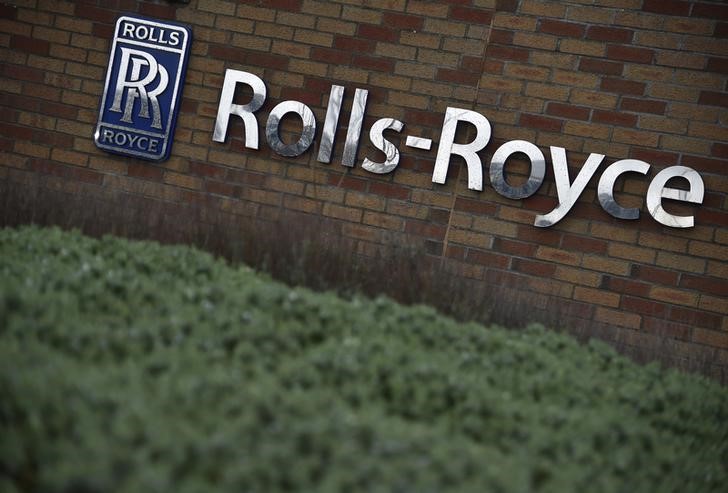Investing.com -- Rolls-Royce (OTC:RYCEY) shares fell over 3% on Thursday amid several challenges affecting its business.
While Rolls-Royce remains on track with its profit and cash-generation targets, some crucial factors in its aerospace segment have shown signs of strain.
One primary issue is the recovery of engine flying hours, which have reached just the lower end of the company’s projected range of 100-110% of pre-pandemic 2019 levels.
This muted recovery has been partially due to slower-than-expected deliveries from Airbus and continued constraints within the global supply chain.
“Given this lower EFH base, we think it is reasonable to assume large engine shop visits at the lower end of the 450-500 range for the full year,” said analysts at Morgan Stanley (NYSE:MS) in a note.
Additionally, challenges with the Civil Aerospace sector are compounded by reduced international air traffic from China, a key market still rebounding from the pandemic at a more measured pace.
Furthermore, Rolls-Royce’s Trent (NS:TREN) 1000 TEN high-pressure turbine blades are expected to face a slight certification delay, now pushed beyond the previously anticipated year-end timeline.
The company remains optimistic, however, that this delay will be modest, with certification likely by the first quarter of 2025.
This delay introduces some financial uncertainties, as Rolls-Royce has projected that a 12-month delay could cost £30-50 million, meaning the current delay could add approximately £10 million to the program's expenses.
Despite these setbacks, the defense and power systems segments show robust demand. The company is seeing steady revenue growth in power systems, fueled by orders for data centers and defense applications.
On the defense front, key contracts, including work on the B-52 and Future Long-Range Assault Aircraft programs, are progressing as scheduled, offering some stability amidst the difficulties in aerospace.
